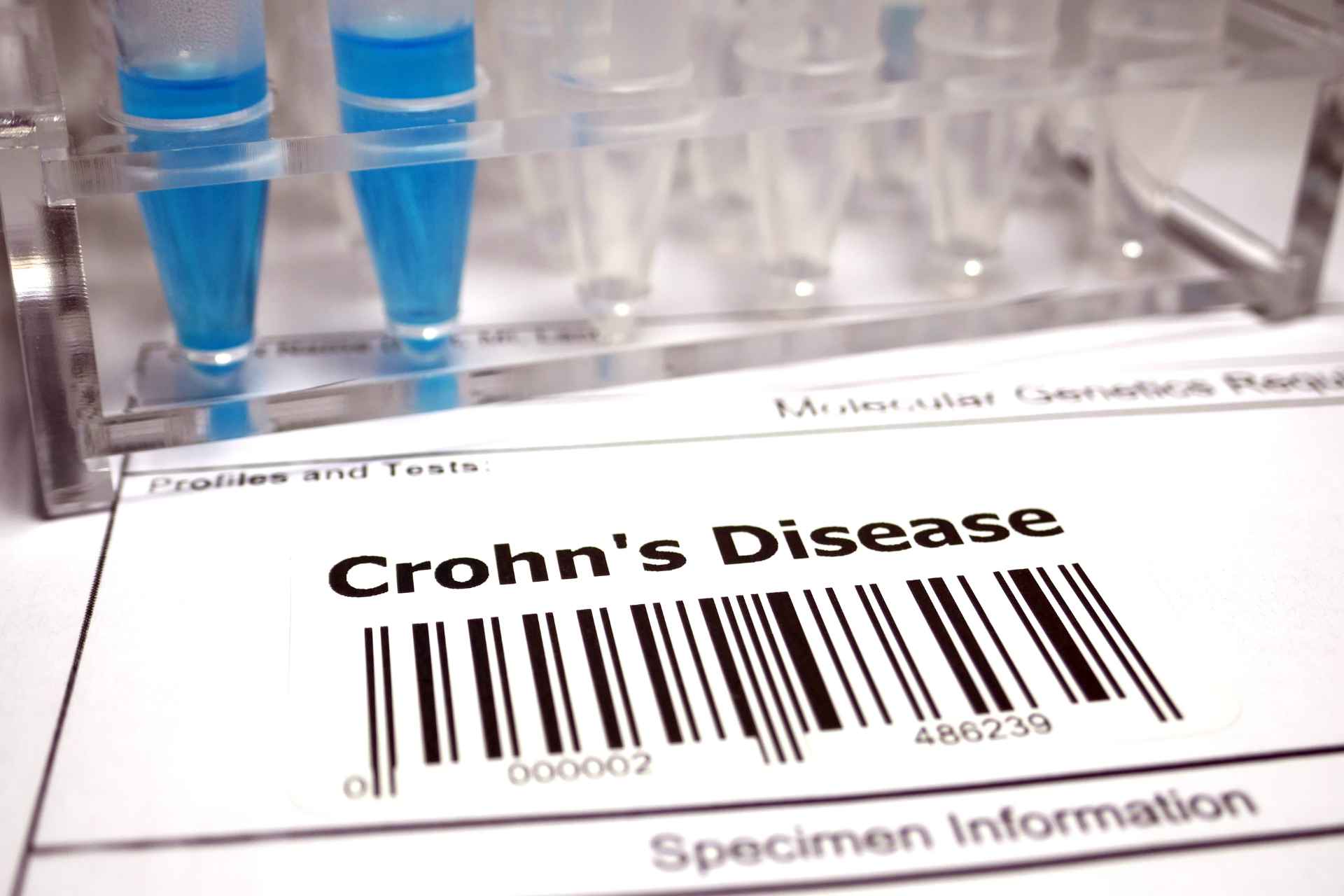HGH Treats Crohn’s Disease

Crohn’s disease is a chronic disorder of the gastro intestinal tract (inflammation). It causes difficult digestion and general disability. Crohn’s is one of the very common irritable bowel syndromes / diseases (IBS/D). Itich affects several hundreds of individuals. In addition to Crohn’s disease, ulcerative colitis is another IBD which is common.
Recent research studies have indicated the potential benefits of Human Growth Hormone Replacement Therapy for treating Crohn’s disease. In addition to hormone replacement therapy, experts suggest dietary modifications such as a high-protein diet and adequate folvite intake to effectively manage the condition.
Research indicating the role of the Human Growth Hormone in the management of Crohn’s Disease
Dr. Alfred Slonim and his colleagues at North Shore University Hospital in Manhasset, New York, conducted a study on thirty-seven adults suffering from a moderate to severe form of active Crohn’s disease. The participants received 5 mg of HGH with a maintenance dose of 1.5 mg for four months. Additionally, they recommended dietary modifications to both the case and control groups.
For a period of four months, we evaluated disease activity using the Crohn’s Disease Activity Index. They observed that patients treated with HGH experienced an improvement of about 100%. Also, they observed minor side effects in the case group (i.e., participants treated with HGH). These side effects included edema and headaches. However, these side effects disappeared after the first month of treatment.
The study concluded that HGH provides significant benefits in managing patients with Crohn’s Disease and promotes the health of intestinal tissue. They published the study in the New England Journal of Medicine in 2000. Additionally, the study noted that the benefit of Growth hormone was similar to that of the anti-inflammatory drug infliximab (the only approved treatment for patients with Crohn’s disease).
HGH treats Crohn’s disease effectively
Crohn’s Disease manifests as abdominal pain, diarrhea, and bleeding due to a breakdown of the intestinal wall. Unfortunately, there is no available cause or approved treatment solution for it. One of the reasons cited for the development of the condition is an exaggerated immune response that results in tissue damage.
There is little information about how HGH assists in the management of Crohn’s disease; nevertheless, a rational explanation is available. HGH improves cell mediated response to antibodies and programs the immune system to respond by creating specific antigens. This is one of the reasons HGH has potentially benefited patients suffering from HIV/AIDS or autoimmune disorders like lupus and arthritis. Secondly, HGH promotes organ restoration and helps in the growth and proliferation of intestinal tissue. It improves, in turn, the patient’s clinical condition.
The Human Growth Hormone is a potential solution for patients suffering from IBS including Crohn’s disease, especially, in conjunction with dietary and life style changes.

